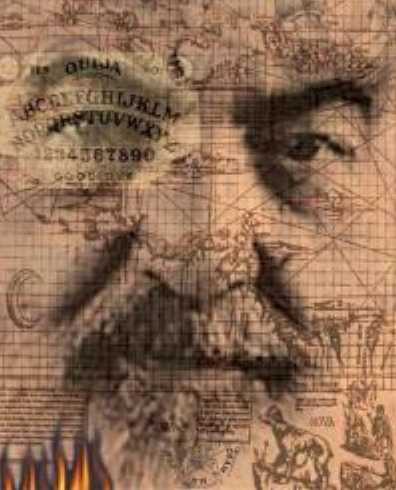4.1.2.7 Life and poetics of Eliseo Diego (1920 – 1994)

Eliseo Diego was born in Havana in 1920 and died in Mexico in 1994. His development as a poet was influenced by his early travels to Europe and the assimilation of diverse influences from writers of different languages from that continent. He began a law degree at the University of Havana, which he did not complete, dedicating himself to literary creation and collaborating on publications such as Clavileño and later Orígenes, crucial to his destiny as a poet.
Eliseo Diego’s poetry, among many other values, rescues for Cuban poetry what is truly insular, “the myth of the homeland,” in the words of Cintio Vitier. In a period of disintegration of national consciousness, as a consequence of political and economic subordination to the northern nation, Eliseo Diego’s work has the merit of attempting, like a spell, to re-anchor reality in which poetic quality could reconnect the essences fractured by the political quagmire.
Death and nothingness constituted concomitant topics in the bard’s work, which also shifted toward a poetry of resistance even in the face of death. In this sense, his poems resemble sober pictorial or architectural structures that rise up against the annihilation signified by the aforementioned topics, a veiled aspiration for eternity, but not as a purpose for the perpetuation of the self, but rather a simple wager against obsolescence. The vocabulary that lends itself to this is refined and cultured, without deliquescence, where each word serves as a support for a speech that appeals to different sensory spheres.
In this regard, José Lezama Lima stated: “His entire work has the thick flavor of a time-space parallel. The spatial dimension of meaning completely covers the spatial dimension of flavor. The secret of each word lies in the weight of its temporality, in the brilliance of custom. The length of each poetic sentence is dictated by its flavor. And I always like to remember that flavor, wisdom, salt, leap, and dance were all one and the same word for the Greeks.”
In a certain sense, Eliseo Diego discovered and revealed Cuban identity in the realm of knowledge and poetic expression, complementing Ortiz’s work in a sphere of multiplicity of sciences. In this sense, Eliseo, like other Origenists, perceived poetry as a sublime form of knowledge and itself an expression of a hidden wealth of knowledge that also includes the collective and the historical.
After the triumph of the Revolution, he worked at the José Martí National Library and later at the National Union of Writers and Artists of Cuba (UNEAC). He continued his essential creative mission with new discoveries and pieces that would also become anthologies for revolutionary poetry. Among his major awards are the National Literature Prize in 1986 and the Juan Rulfo International Prize in 1993.








